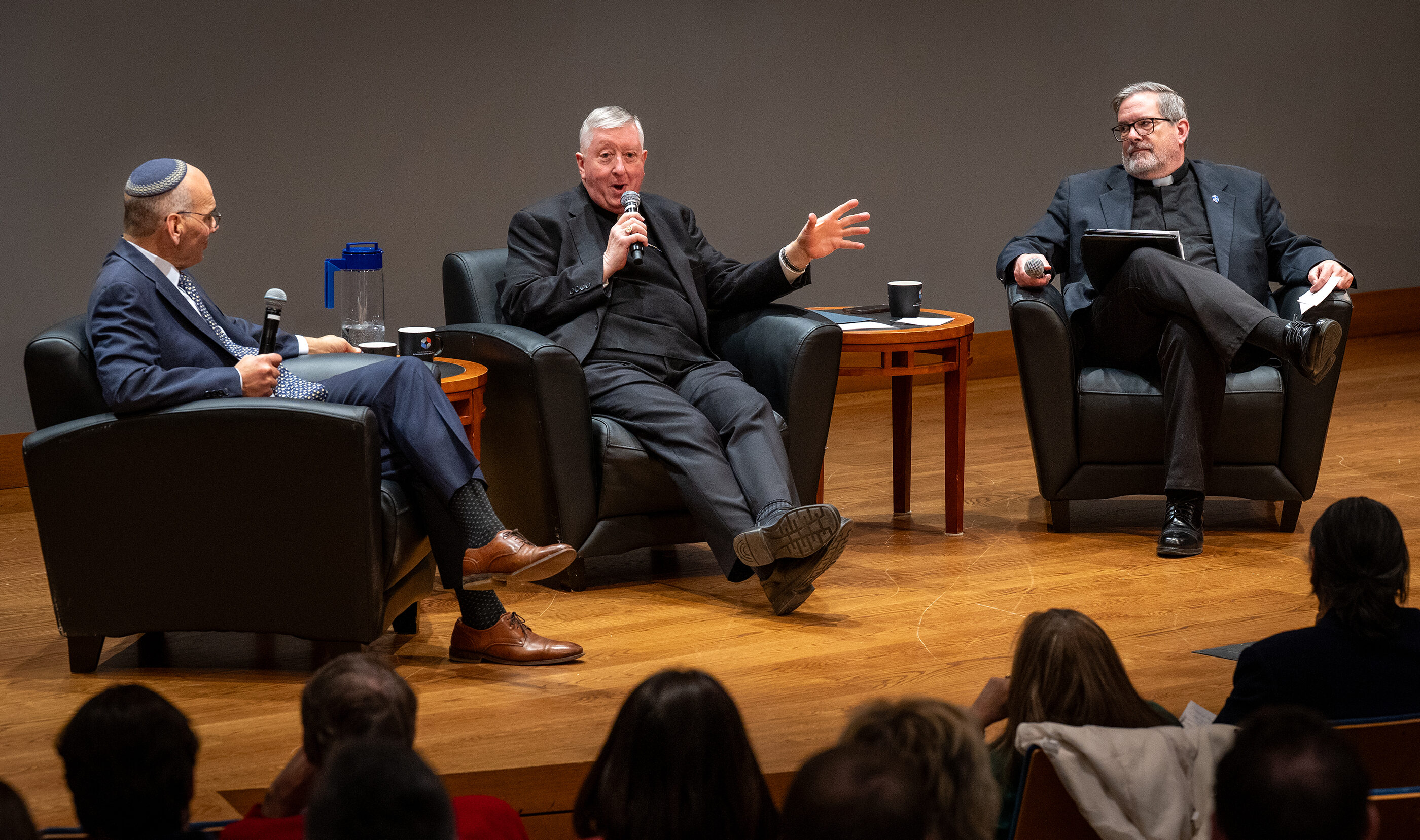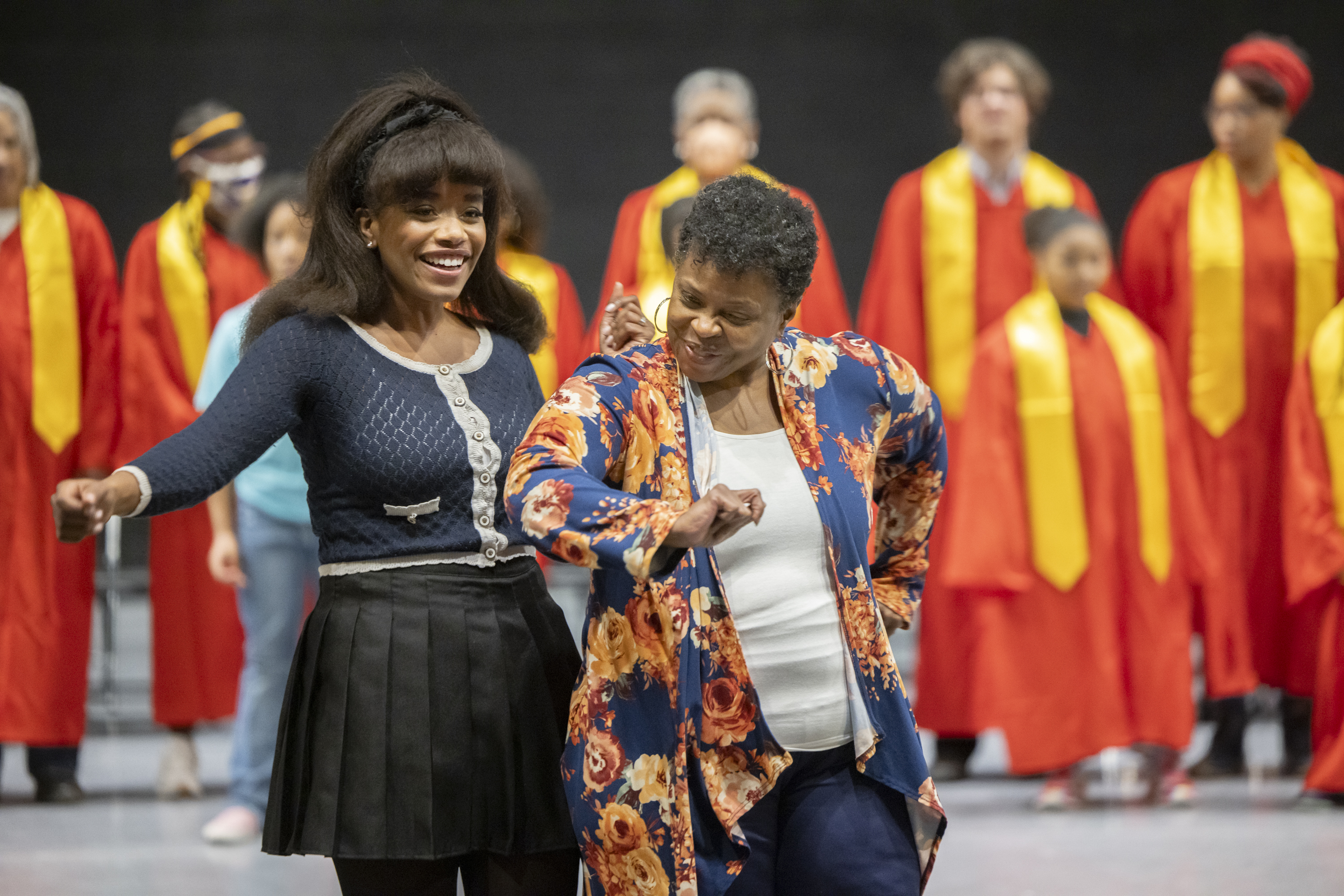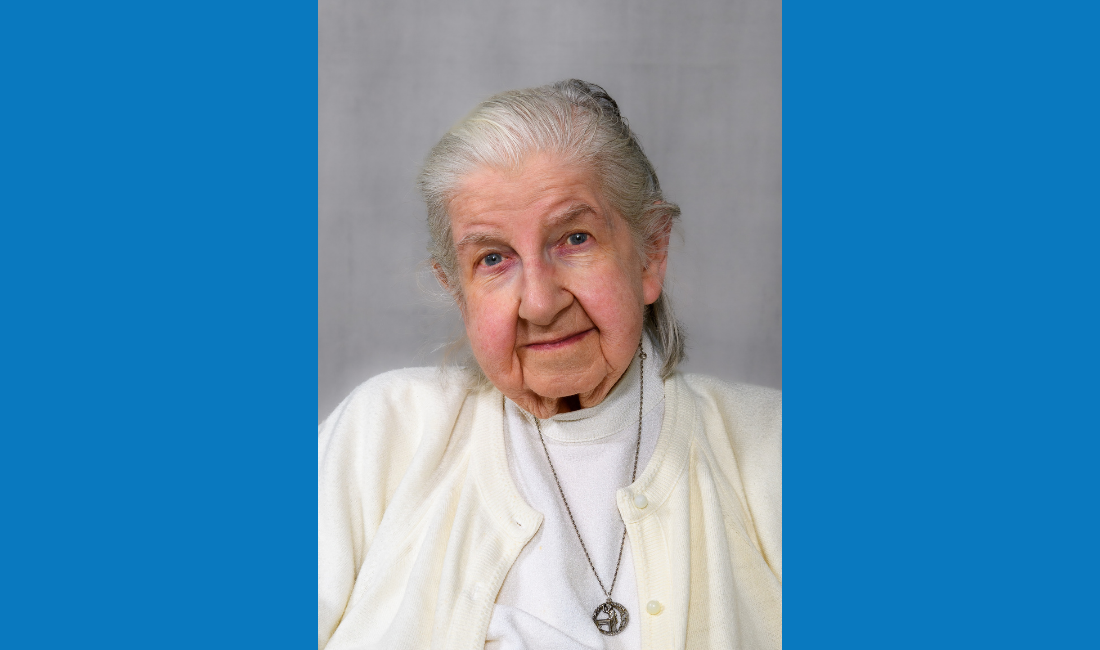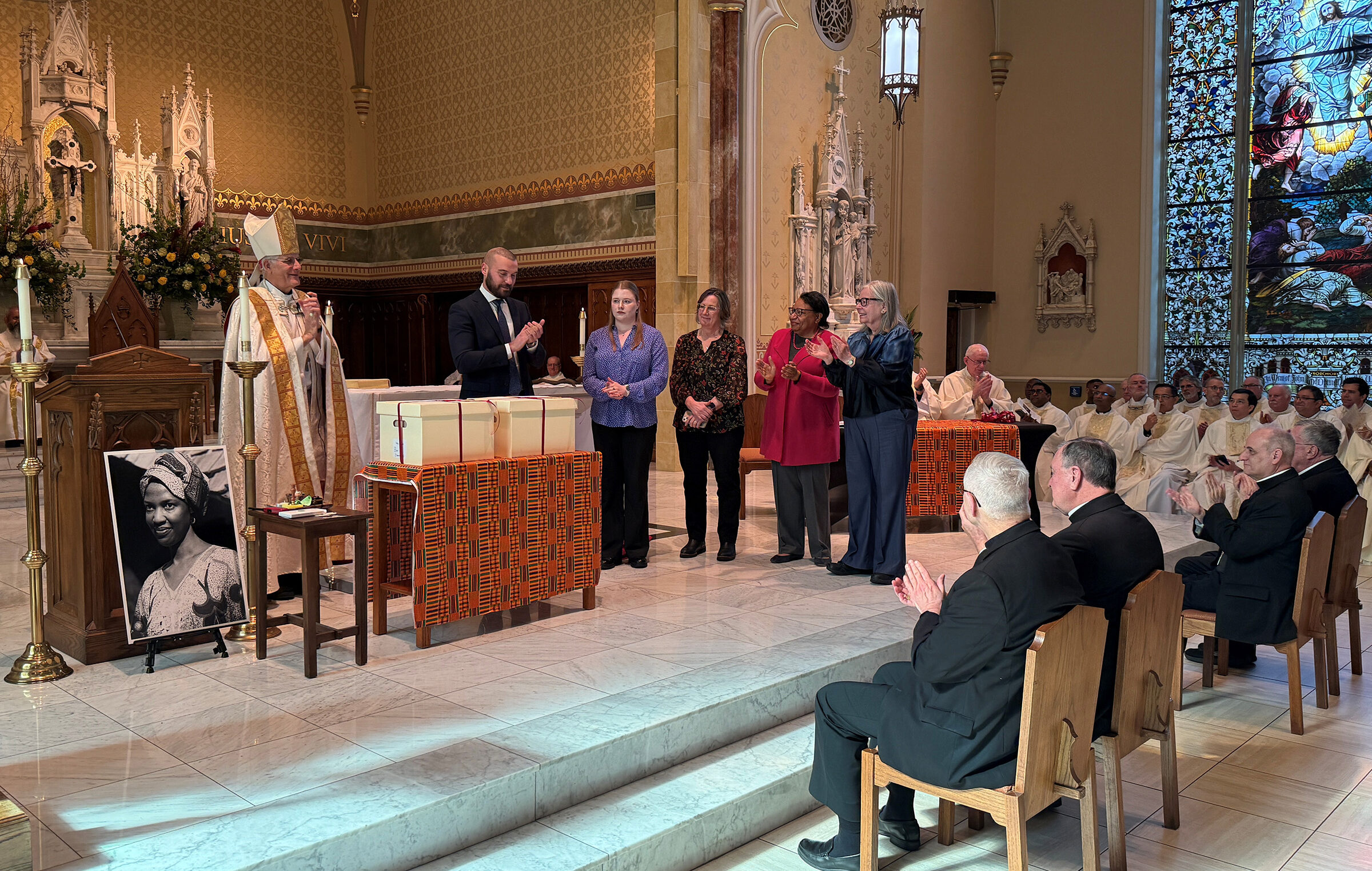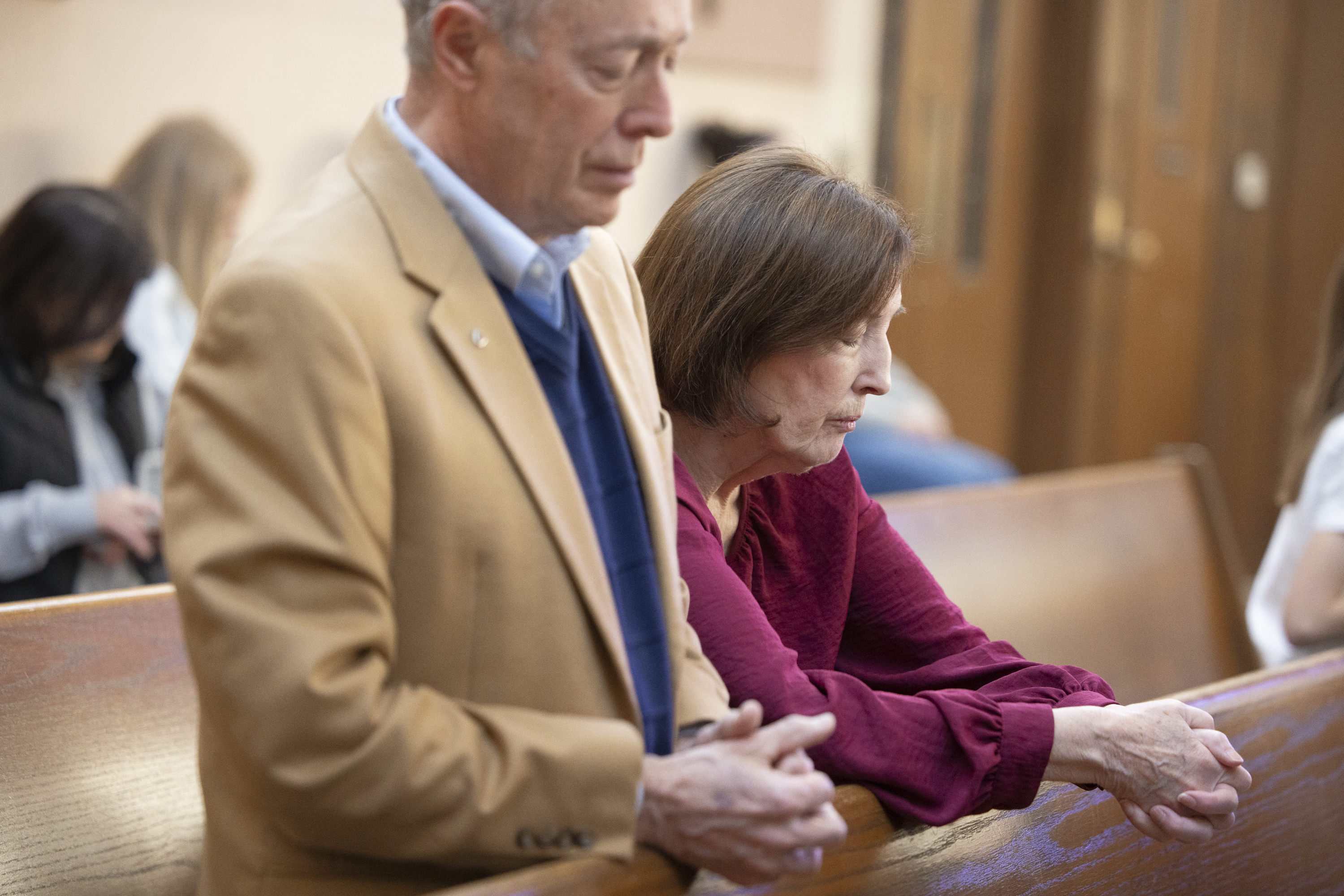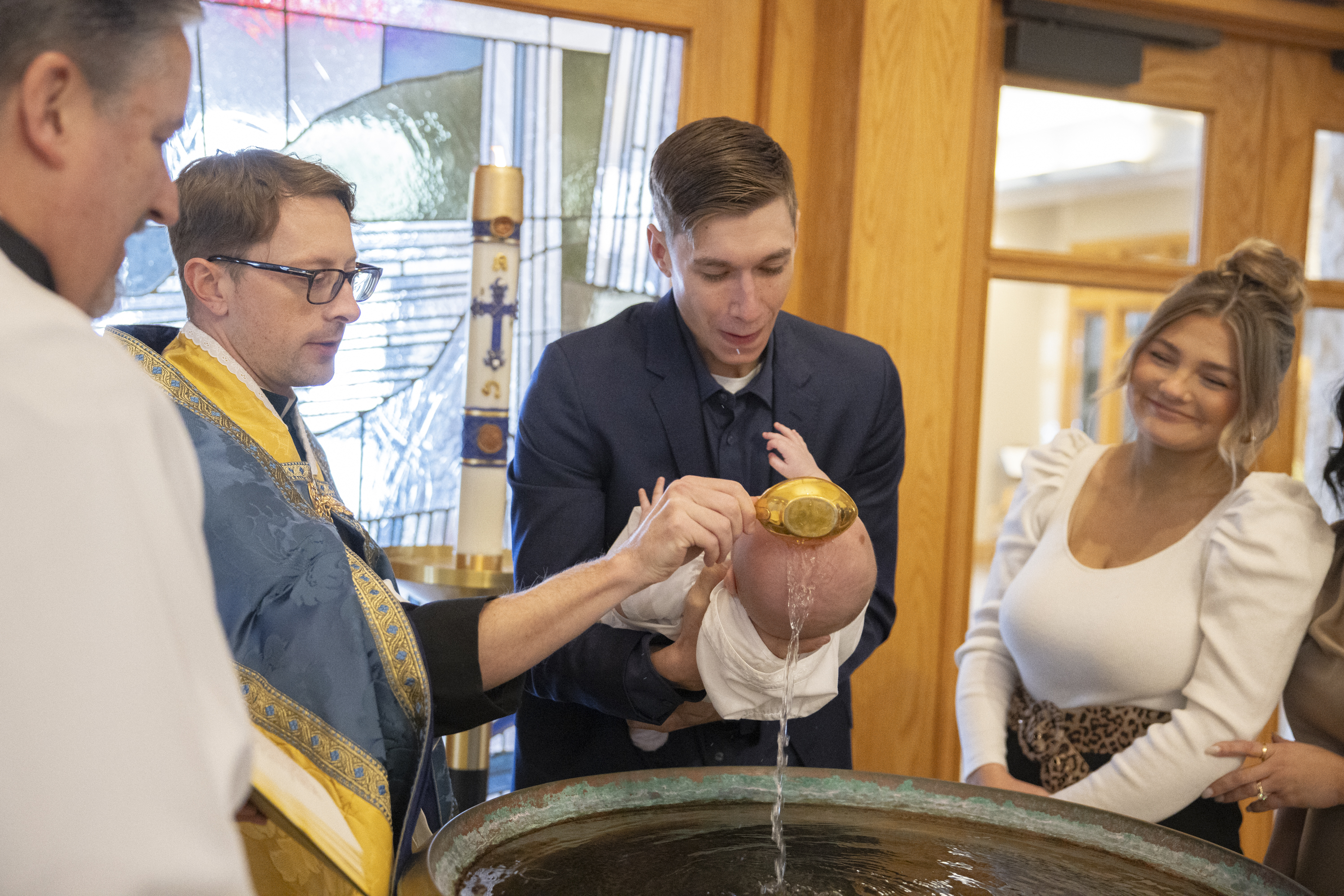Pilgrims tap into connection with the natural world on Pilgrimage of Hope for Creation
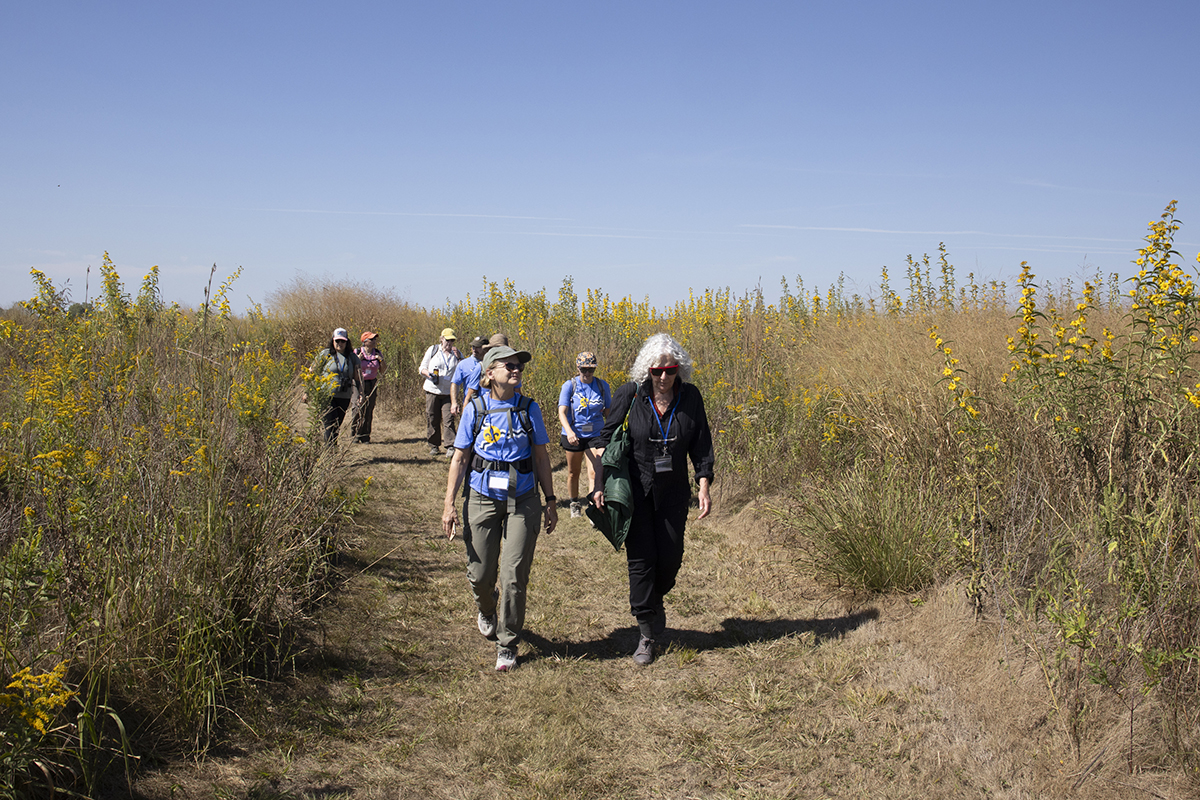
Pilgrims tap into connection with the natural world on Pilgrimage of Hope for Creation
The Mississippi River glittered blue under a cloudless sky as a group of about 20 set out on a pilgrimage of hope.
The pilgrims wound along the quiet river path and prairie trails near the Audubon Center at Riverlands in West Alton, the hub for the weekend focused on encountering God in the natural world.

“If we were on the great pilgrimage of the Camino de Santiago in Spain, we might stop at various holy sites, churches, monasteries, places where people had prayed and lived their lives and made that holy,” pilgrimage organizer Celeste Mueller told the group. “Our conviction is that the sites we will see, the places where we will stop, the land we are walking on, are those sacred sites. As pilgrims, we come to them with reverence and with an expectation that that encounter might change something in us.”
The weekend was an event of Pilgrims of Hope for Creation, a collaborative national effort by several organizations, including the Catholic Climate Covenant, Ignatian Solidarity Network, St. Kateri Conservation Center and several religious orders to encourage local Catholic communities to host pilgrimages to renew relationships with God and the earth.
The effort is in conjunction with the Church’s Jubilee Year of Hope 2025; it also recognizes the 10-year anniversary of Pope Francis’ encyclical on the environment, “Laudato Si’: On Care for Our Common Home,” and the 800th anniversary of St. Francis of Assisi’s “Canticle of the Creatures.” Pilgrimages were especially encouraged during the Season of Creation, observed from Sept. 1-Oct. 4 each year.
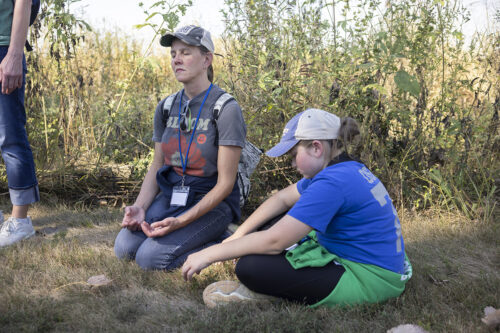
The local pilgrimage planning team was inspired by a quote from “Laudato Si’,” Mueller said: Ecological conversion “entails a loving awareness that we are not disconnected from the rest of creatures, but joined in a splendid universal communion.”
The team developed the local pilgrimage around the theme of water, particularly highlighting the fragility and beauty of the rivers and wetlands near the confluence of the Mississippi and Missouri rivers. The Audubon Center at Riverlands served as the pilgrimage’s daytime hub, and the weekend included educational talks on the area’s ecology as well as time for prayer, reflection and group sharing.
Mueller, who has a background in theological education, formation and leadership development, now serves as board chair of the Pallottine Retreat and Conference Center in Florissant, which hosted the pilgrims for the weekend. The retreat center is looking for more opportunities to use its property in ecologically responsible ways and to help others connect to creation, she said.
Not everyone on the pilgrimage was Catholic, Mueller added, which shows how environmental issues can be an entry point for people to learn more about the Church and its teachings.
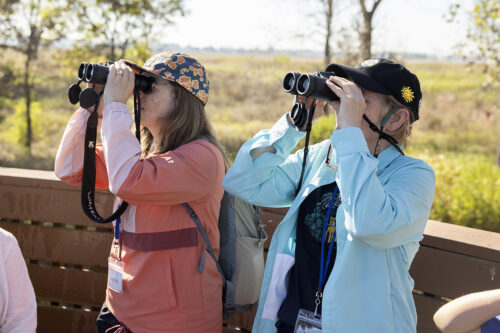
“We could highlight a dozen saints who know that the natural world can draw people, step-by-step, into encounter with God,” Mueller said.
Carolyn Wright, an assistant professor of pastoral theology and administrator at Aquinas Institute of Theology, signed up for the pilgrimage to take some time to reconnect with herself and nature.
Throughout the reflections of the first morning, she relished the time to slow down and simply “be,” rather than constantly “do,” she said.
“Everything that is there is living in its fullness: the crickets, the grasshopper who stood on my shoe for about three minutes, the pelicans — they’re living into the fullness of who they are called to be,” she said. “As human persons, we need to find that true call, who God is calling us to be in our fullness.”
Laura and John Law, parishioners at St. Elizabeth Ann Seton in St. Charles, spend time outdoors on a regular basis, including weekly walks around Creve Coeur Lake.
Laura Law enjoyed a “forest bathing” exercise on Saturday morning, in which nature therapist and spiritual director Laura Weber led the group through a meditation, individually engaging each of the five senses on a prairie habitat trail.
“The meditation really helps, because I feel like now when we walk in Creve Coeur Park, we’re going to be able to remember that and remember to pull up some of those senses,” Laura Law said.
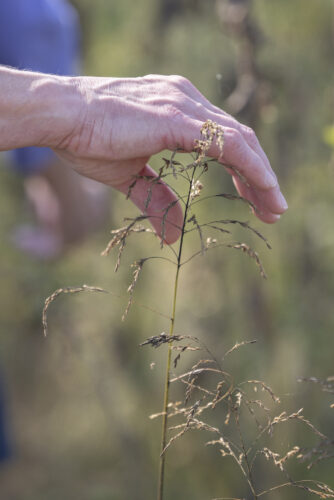
As sustainability director and social studies teacher at St. Louis University High School, Anne Marie Foy spends lots of time engaged in conversations about human interaction with the environment.
“I find when I’m outside in a place, like the nature path or the forest path, if I can slow down and focus enough, that’s when you become aware of the intimacy of the moment and the beauty and abundance of creation,” said Foy, who participated in the pilgrimage with her 11-year-old daughter, Lulu Lodholz.
Foy attended the archdiocesan Laudato Si Commission’s recent creation summit, where she saw hope in action through the variety of people and groups working toward common goals.
“There are so many people thinking and praying and working,” she said. Even if people don’t think of themselves as explicitly involved in ecological work, “When you sit down and have a conversation, we all want the same things. We all want to have clean water for our families. We all want to have food that’s nourishing for our families and ourselves. When you can be in communion, when you give yourself time to have those conversations, that to me is what fuels hope.”
Subscribe to Read All St. Louis Review Stories
All readers receive 5 stories to read free per month. After that, readers will need to be logged in.
If you are currently receive the St. Louis Review at your home or office, please send your name and address (and subscriber id if you know it) to subscriptions@stlouisreview.com to get your login information.
If you are not currently a subscriber to the St. Louis Review, please contact subscriptions@stlouisreview.com for information on how to subscribe.

